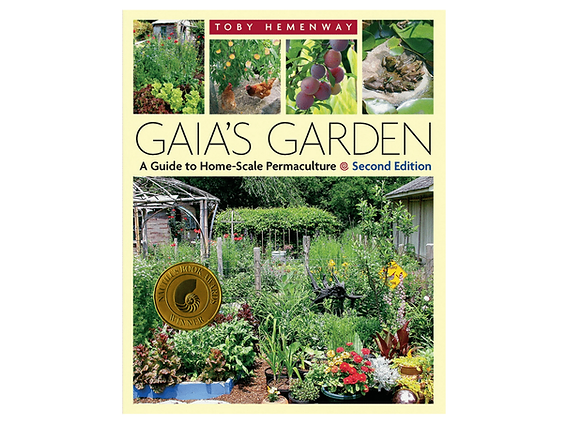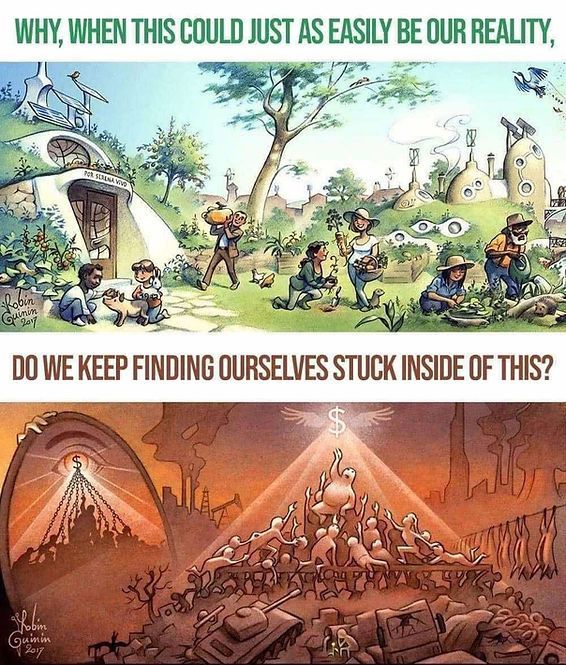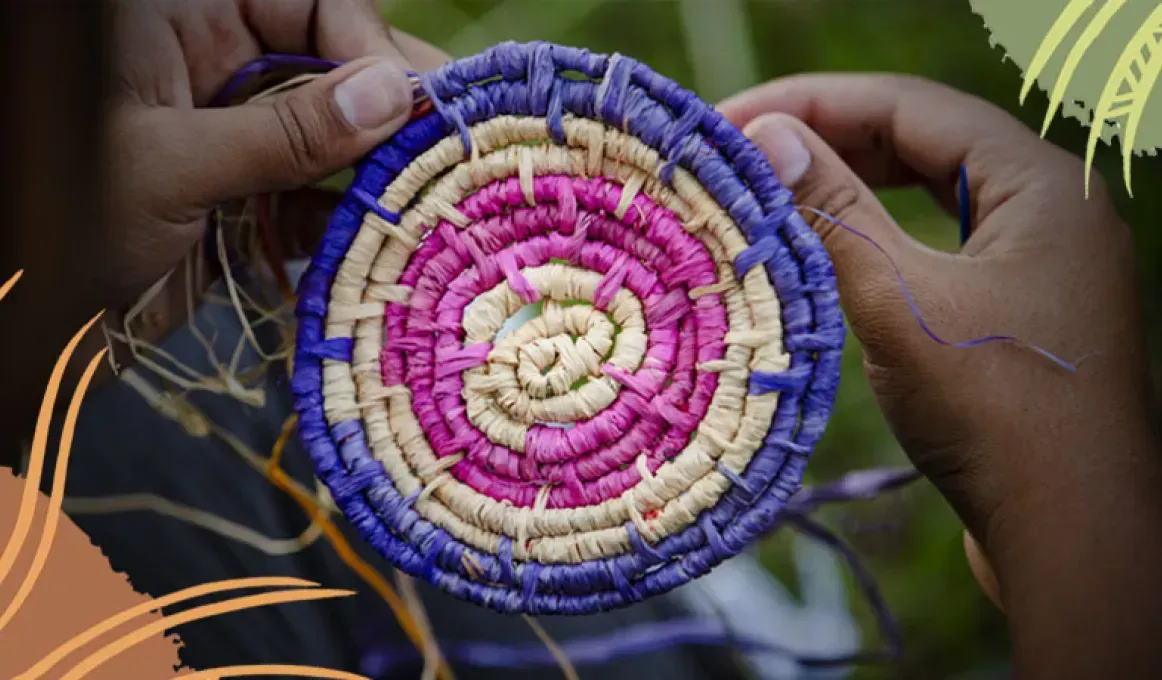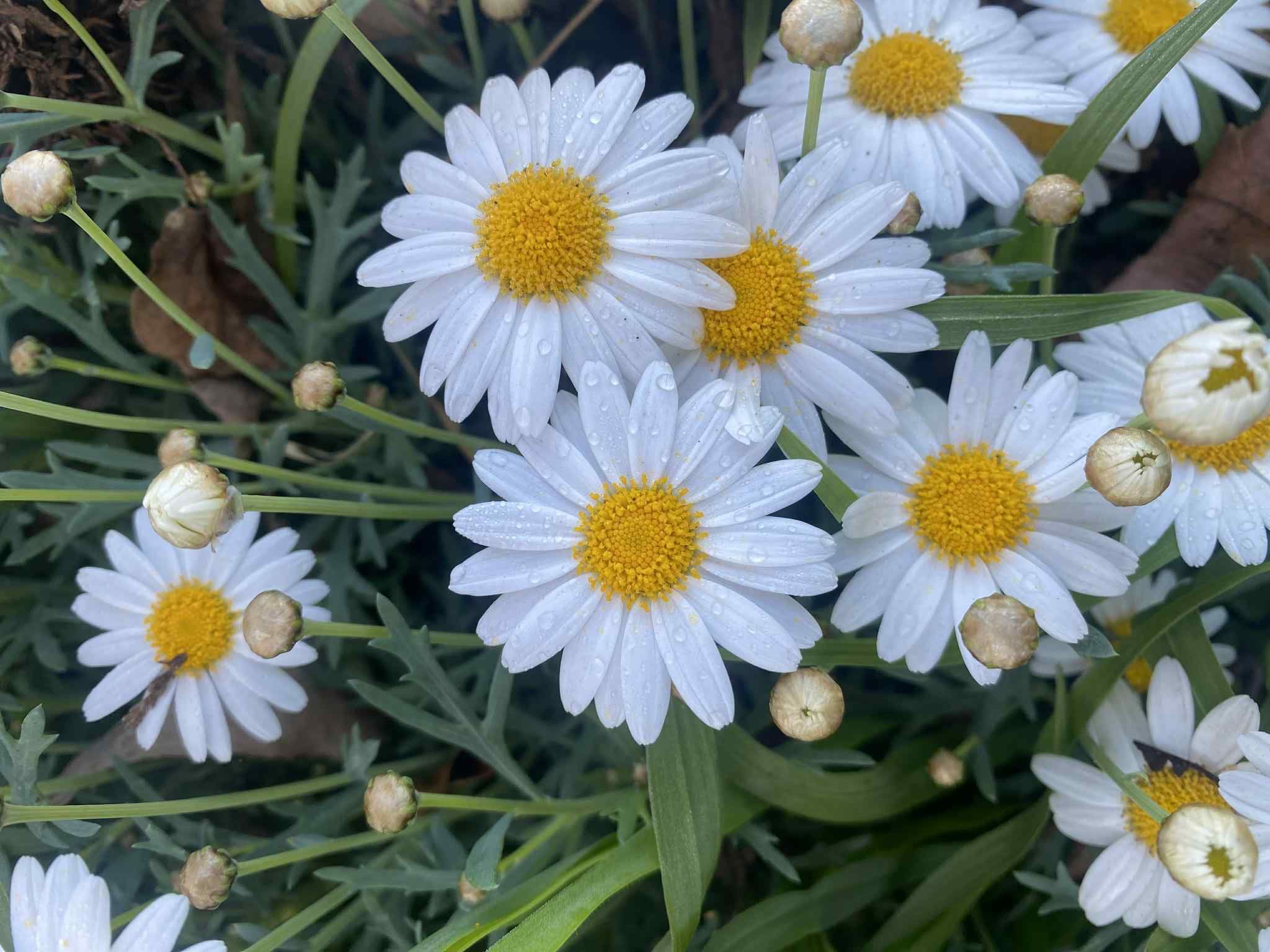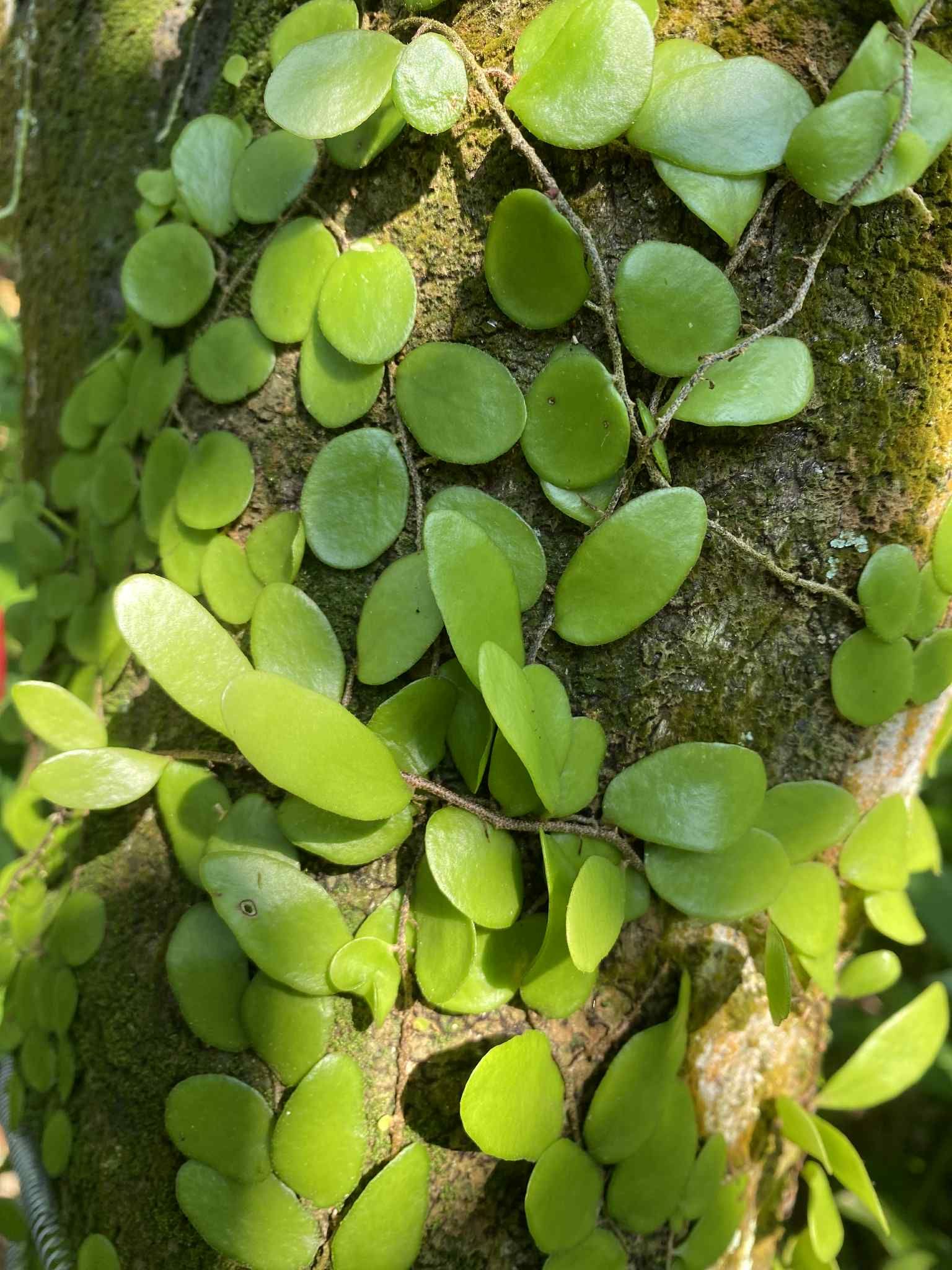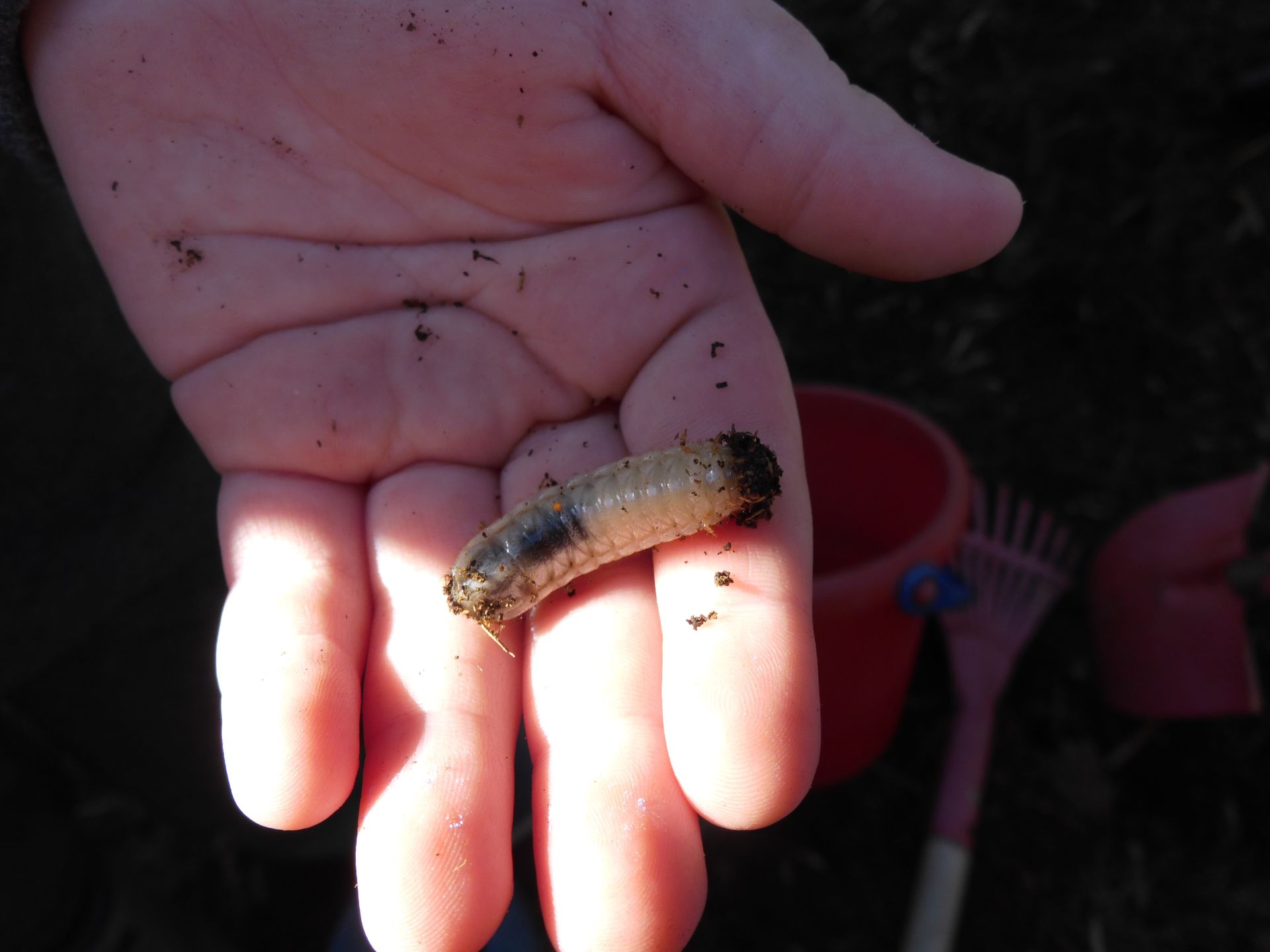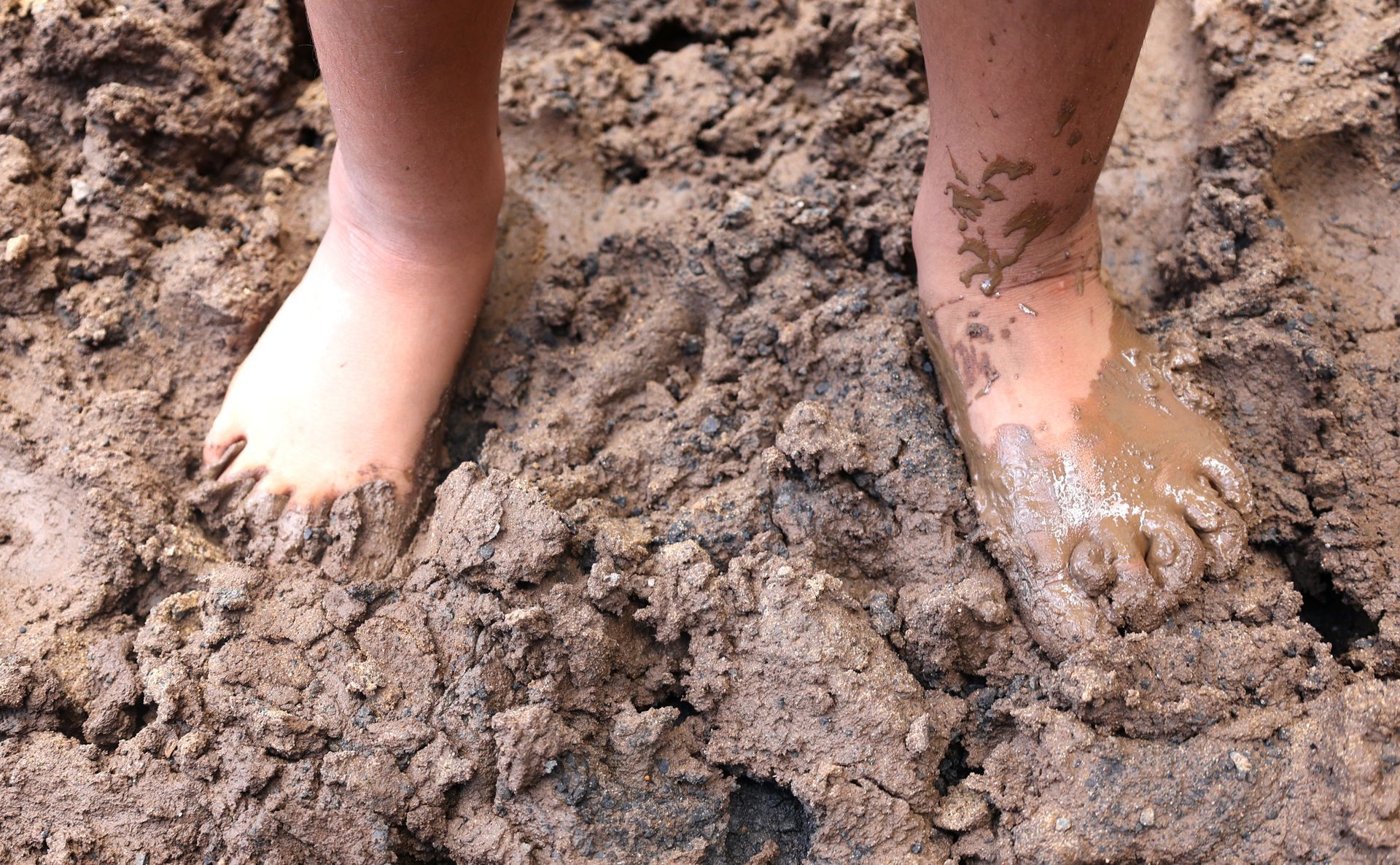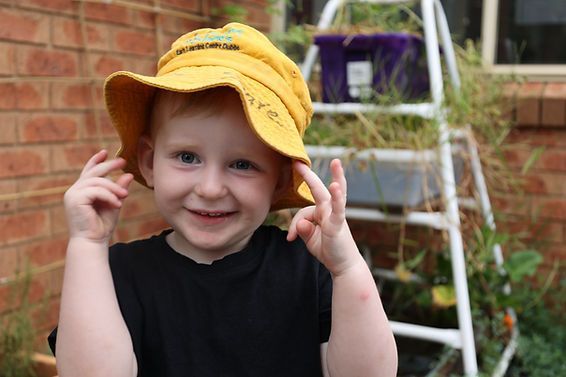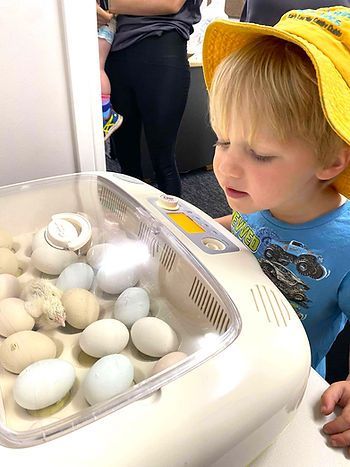Why permaculture?
I think that I first discovered permaculture in or around 2018. During a time when I had this bad habit of getting sucked into the global news feed, especially within non-mainstream media.
My intentions were benign, coming from a desire to stay informed and raise awareness about environmental and human rights issues around the world. I felt a responsibility to help, even if the result was just annoying my friends and family on social media.
However, instead of feeling good or empowered, I only felt increasingly anxious and depressed.
It was taking a toll on me. The seemingly grim state of the world was making me angry and fatigued.
Somewhere during all that, I happened upon the word permaculture and must have googled it.
Such a tiny thing to do, and yet the result, life-changing.
The more I read the more interested I became. Here, it seemed, was a method for taking back control of my life, a way to contribute to a better world, to become self-reliant.
Sold on that idea I promptly ordered a book called Gaia’s Garden: A Guide to Home-scale Permaculture by Toby Hemenway.
At the time I was not a huge reader of non-fiction, but the concepts I gleaned from that wonderful piece of literature (which still lives proudly amongst a growing collection of permaculture books) were so paradigm-shifting that it began to seriously shake up many of my unconscious assumptions about how the world works, in a good way!
What’s more, I discovered that permaculture wasn’t just some buzzword for the act of getting off-grid, it was a movement.
One that has captured the hearts and minds of millions of people around the world.
It’s a design science, an ethical practice, a way to live in harmony with nature that provides healthy, home-grown foods, natural medicine, and comfortable living for us humans AND for the many non-human species on which we depend.
It is a practice that is deeply SOLUTIONS-focused.
It does not despair at the problems in the world. It recognises that the problem IS the solution.
Whatever issue that we face can be turned on its head and made into something that helps us heal this world and or disconnection from nature.
As Marcus Aurelius once famously wrote: “The impediment to action advances action. What stands in the way, becomes the way”.
Any issue that can make us rage at the TV, or raise a fist in anger at politicians, can be worked on more productively in our own backyard: growing food, reducing dependence on external inputs, and building community.
Localizing as much as possible and in the process creating improved global outcomes; for the environment, for human rights, for quality of living, for freedom.
The more you can do this the more you start to realize how little we need the systems that perpetuate colonialism, racism, slavery, and wholesale environmental exploitation.
There are far better ways to live.
Indigenous cultures around the world have been doing it for thousands of years. They were not backward or in need of help as the history books would have us believe. They had everything that they needed.
Permaculture is just a new word to describe the common sense of our ancestors.
It is no longer common, but that wisdom is not dead.
When the student arrives so too does the teacher. I am so glad that I discovered this movement and I am grateful to call myself a student.
And I hope you might take a moment to google permaculture too.
Maybe it will add value to your life. Maybe you’ll even find a teacher.
Until next time, enjoy the wild places wherever you are,
Dallas

